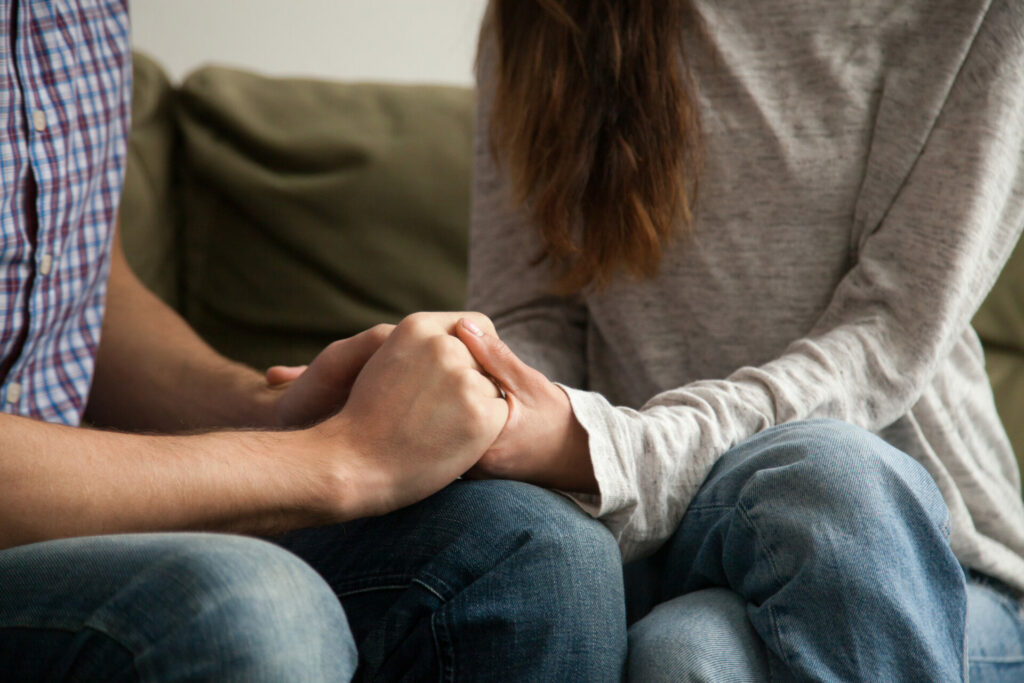Graduating from college is often quite anti-climactic. You’ve worked hard and attained an impressive goal. But it’s not exactly a finish line. For college itself, yes, you’re done (at least, for now). In terms of your life path, things are about to change and accelerate. Your social life, financial life, and emotional life are all about to shift in major ways. This could add up to a sense of inertia.
Considering that depression is on the rise for people between 18 and 25, the graduation blues are nothing to take lightly. Therefore, it’s critical to know what you’re feeling and how you can address it.
What Do the Graduation Blues Look and Feel Like?
The first symptom most college grads experience is a lack of motivation. After being on a tight school schedule for at least four years, it can feel impossible to work up the ambition to immediately start the next chapter. This is partly from exhaustion and partly due to fear of what lies ahead. From here, the signs may fall into two broad categories.
- Physical changes: Your sleep cycle is out of whack, your appetite fluctuates wildly, and your powers of concentration seem to be at their lowest.
- Emotional blockages: You’re wondering if all of this was “worth it” and in the meantime, you miss your college crew. This can breed a range of ricocheting emotions like cynicism, guilt, self-criticism, and hopelessness.
Be aware that all of the above could be considered red flags for depression.
Money, Expectations, the Graduation Blues
You’ve tossed your cap in the air and attended some unforgettable parties but… here comes the job hunt. Some factors that can contribute to post-graduation depression:
- The most recent numbers from the Bureau of Labor Statistics the unemployment rate for those between 20 and 24 is 7.5 percent. That’s almost twice the national average.
- Almost half of college grads report being underemployed. What this means is that they’re working at a job that doesn’t even require the degree they just earned.
- Sixty-five of those graduating college today do so with student loan debt. On average and depending on what kind of school they attended, that debt ranges from $30,030 to $43,900. This presents quite a risk for unemployed or underemployed borrowers. One in eight of them have considered suicide.
In addition to financial woes, recent college grads are reporting high rates of loneliness along with a lack of hope for the current state of the world.
How To Deal With Depression After You Graduate From College
An excellent starting point is to utilize the alumni services at your college. They will almost certainly have resources and programs — that you help fund with your tuition — to guide you through part of this process. Besides that, here are some basic reminders:
- Practice self-care: maintain regular sleep patterns, make healthy eating choices, and engage in daily physical fitness.
- Be patient with yourself as you navigate something completely new. Break up your tasks into smaller parts and ask for help when needed.
- Speaking of help, do not hesitate to reach out to trusted friends and family members when your mood dips.
- Reach out to your social network, in general. Don’t self-isolate. Stay in touch with college friends and check on each other.
Depression Requires More Than Self-Help
Depression is a diagnosable mental health condition. Do not brush off or downplay your emotions. If post-college life has knocked you for a loop, it’s highly advised to connect with an experienced professional. There are proven approaches for addressing situations like yours and you can learn the coping skills you need to move forward. I invite you to reach out soon!




